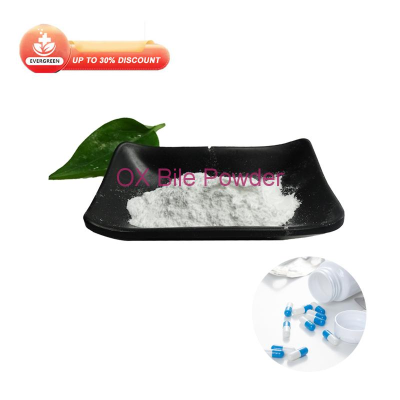-
Categories
-
Pharmaceutical Intermediates
-
Active Pharmaceutical Ingredients
-
Food Additives
- Industrial Coatings
- Agrochemicals
- Dyes and Pigments
- Surfactant
- Flavors and Fragrances
- Chemical Reagents
- Catalyst and Auxiliary
- Natural Products
- Inorganic Chemistry
-
Organic Chemistry
-
Biochemical Engineering
- Analytical Chemistry
- Cosmetic Ingredient
-
Pharmaceutical Intermediates
Promotion
ECHEMI Mall
Wholesale
Weekly Price
Exhibition
News
-
Trade Service
| Study finds that glucose metabolism of Anopheles intestinal bacteria affects Plasmodium infection |
The latest research by Wang Jingwen's research group and Tang Huiru's research group from the School of Life Sciences of Fudan University found that another diet of the malaria vector Anopheles—plant juices can affect its ability to transmit malaria parasites.
In addition to sucking blood, Anopheles also sucks plant juices.
Through metabolomics analysis, researchers found that Plasmodium infection promotes the glucose metabolism of Anopheles mosquitoes, and that glucose or trehalose diet can promote Anopheles infection of Plasmodium.
Researcher Wang Jingwen said that it is generally believed that the symbiotic bacteria in the Anopheles mosquitoes can inhibit the invasion of malaria parasites by stimulating the basal immune response of the mosquito or secreting active substances.
From the perspective of sugar metabolism, this study explained that the interaction between Anopheles stephensi and its intestinal commensal bacteria affects the development of malaria parasites, and provides a more comprehensive understanding of the relationship between Anopheles, intestinal commensal bacteria and malaria parasites Metabolic interaction provides an important step.
The work Fudan University is the first unit.
Related paper information: org/10.
org/10.
1016/j.
celrep.
2021.
108992" target="_blank">https://doi.
org/10.
1016/j.
celrep.
2021.
108992 https://doi.
org/10.
1016/j.
celrep.
2021.
108992







